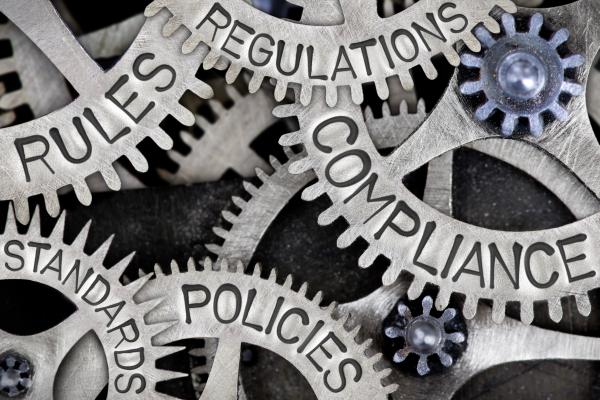
PCRT group comment on HMRC consultation on raising standards in the tax advice market
The Professional Conduct in Relation to Taxation (PCRT) group formed collectively of representatives of the Association of Accounting Technicians, the Association of Chartered Certified Accountants, the Association of Taxation Technicians, Chartered Institute of Taxation, the Institute of Chartered Accountants of Scotland, the Institute of Chartered Accountants in England and Wales and the Society of Trust and Estate Practitioner have produced a joint high level response by letter to the HMRC consultation document ‘Raising standards in the tax advice market’ (‘the Consultation’) which was issued on 6 March 2024.
The Consultation discusses the Government’s intention to raise standards in the tax advice market through a strengthened regulatory framework. It explores approaches to strengthen the controls on access to HMRC’s services for tax practitioners. The Consultation also sets out the 3 possible approaches to strengthening the framework: mandatory membership of a recognised professional body, joint HM Revenue and Customs (HMRC) – industry enforcement, and regulation by a separate statutory government body.
In the PCRT letter, we said:
We welcome the recognition that most tax practitioners who provide tax advice and services are competent and adhere to professional standards. Adherence to professional standards by tax practitioners gives added protection to members of the public using their services.
We acknowledged that there will be no “one size fits all” solution to the wide-ranging problems outlined in the consultation document.
We agree that mandatory registration is a sensible first step. We all undertake a considerable number of checks in order to ensure firms and members are appropriately registered for our AML supervision schemes and practice licences (where required), so have considerable experience to share with HMRC on appropriate and proportionate checks and the operation of registration schemes.
Out of the three approaches suggested in relation to regulation of the tax services market, we agree that approach 1 is the best approach, but only if it is appropriately designed and scoped. Any chosen approach must be in the public interest and there must be parity between all individuals and firms providing tax advice and services. Aspects such as criteria for recognition as a Recognised Professional Body, oversight requirements and costs will all need further consultation.
Finally, as a group we consider the outcome of the consultation on Reforming anti-money laundering and counter-terrorism financing supervision is fundamental to any decision on a model for wider
Regulation, and we await the outcome.















